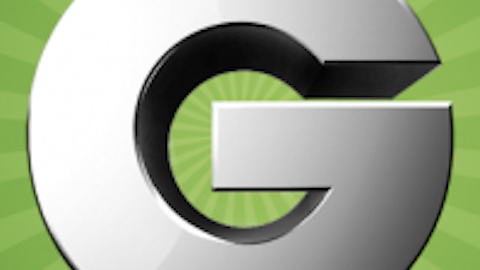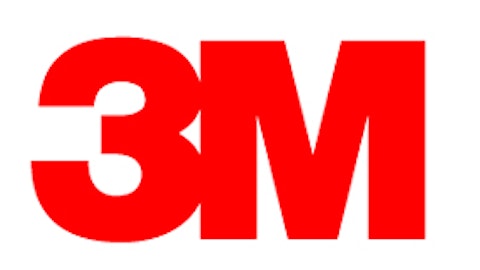In researching stocks for the Fool, I’ve incorporated a Motley Fool Earnings Quality (EQ) Score that taps into a database that ranks individual stocks. The database designates an “A” through “F” weekly ranking, based on price, cash flow, revenue, and relative strength, among other things. Stocks with poor earnings quality tend to underperform, so we look for trends that might predict future outcomes.

| Company | Price/Earnings Ratio, TTM | Earnings Quality Score |
|---|---|---|
| Rackspace(NYSE:RAX) | 76.4 | F |
| Amazon.com (NASDAQ:AMZN) | NA | B |
| Google (NASDAQ:GOOG) | 24.9 | F |
Source: Yahoo! Finance.
San Antonio-based Rackspace is an open-source cloud computing company that manages Web-based IT systems for everything from small businesses to large worldwide enterprises. Founded in 1998, the company has historically treated investors well. The stock set a high of $79.24 on Jan. 24, a 92.24% increase from a low of $41.22 on July 24 of last year. It hasn’t even seemed to matter that Rackspace competes cloud-computing against titans such as Amazon and Google — at least not until recently.
Rackspace’s stock price had increased almost 20-fold until its recent revenue shortfall. On Feb. 12, the company reported quarterly revenue of $352.9 million and GAAP earnings per share of $0.21, against analysts’ consensus estimates of $355.4 million revenue, and $0.21 EPS. That revenue miss sent the stock plummeting more than 17% the next day.
Even with the current price hovering around $57.50, Rackspace’s P/E ratio of 76.6 shows just how much momentum investors can put into a stock despite fundamentals that don’t back up the price. Its revenue and earnings trends, at 25% and 17%, respectively, certainly don’t justify its lofty P/E. But since the revenue miss is what appears to have spooked investors, let’s look at Rackspace’s income-statement metrics.
| Metric | 12/31/12 | 12/31/11 | 12/31/10 |
|---|---|---|---|
| Revenue (millions) | $352.91 | $283.26 | $214.73 |
| % change YOY | 25% | 32% | 27% |
| Operating income (millions) | $48.88 | $38.24 | $21.57 |
| % change YOY | 28% | 77% | 58% |
| Net income (millions) | $29.91 | $25.05 | $13.54 |
| % change YOY | 19% | 85% | 50% |
| Earnings per share | $0.21 | $0.18 | $0.10 |
| % change YOY | 17% | 80% | 43% |
Source: S&P Capital IQ.
While Rackspace’s income statement exhibits positive growth trends, revenue, operating income, net income, and earnings per share are all slowing down. In addition, while the EBITDA margin for the past 12 months shows slight growth from 28% to 32% over the past two years, the operating cash flow margin over the past 12 months has declined slightly, causing the spread between the two metrics to widen. That means earnings aren’t translating into cash flow.
| Metric | 12/31/12 | 12/31/11 | 12/31/10 |
|---|---|---|---|
| Operating cash flow (millions) | $120.79 | $104.92 | $74.27 |
| Free cash flow | $20.82 | $27.24 | $23.63 |
| Days payable outstanding | 167 | 56 | 42 |
| Payables | $175.13 | $51.10 | $30.60 |
Source: S&P Capital IQ.
Operating cash flow continues to grow, but free cash flow — operating cash flow minus capital expenditures — is anemic. Also notice that days payable outstanding — a measure of how long it takes to pay monies due — jumped markedly last quarter and year over year. Total outstanding payables of $175.13 million are more than triple the amount in previous quarters.
Payables are higher than operating cash flow, and the $123.25 million increase makes the payables figure bigger than operating cash flow. Without that sizable jump, operating cash flow would have been negative. At least Rackspace’s debt level is low, but total shares outstanding have increased by almost 8 million shares in two years. Frankly, there’s not much reason to hold this stock. Get off of this cloud until it comes down to earth.





